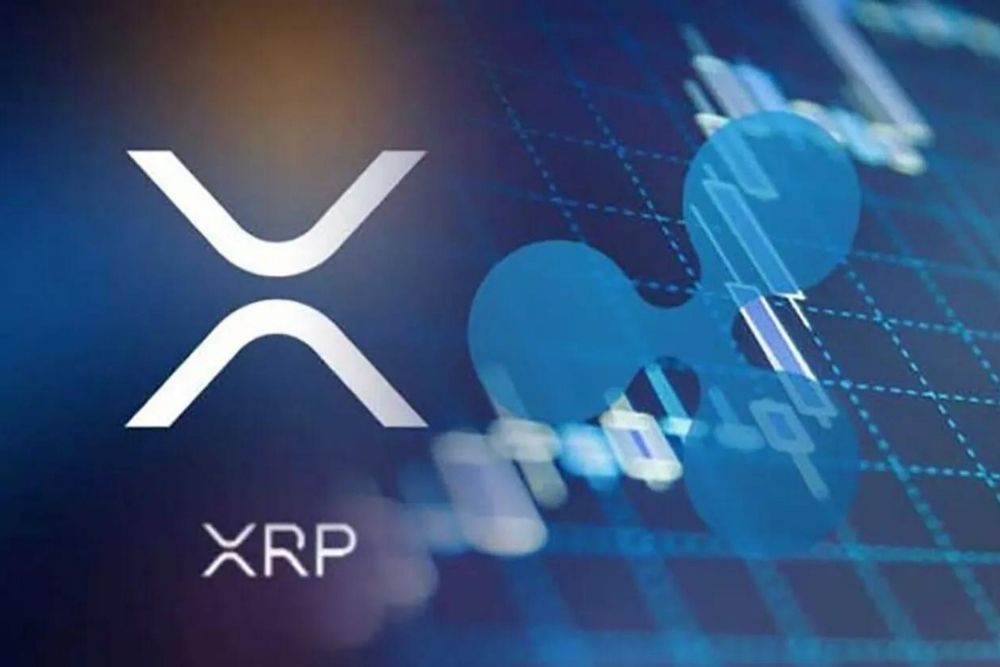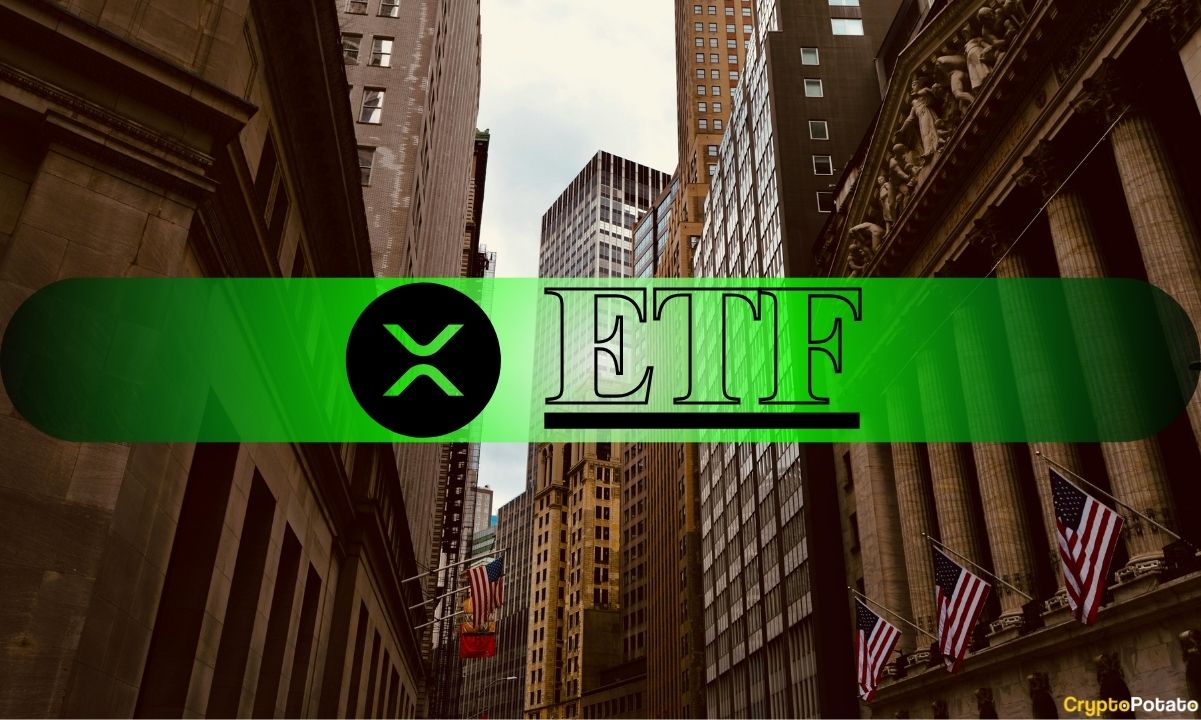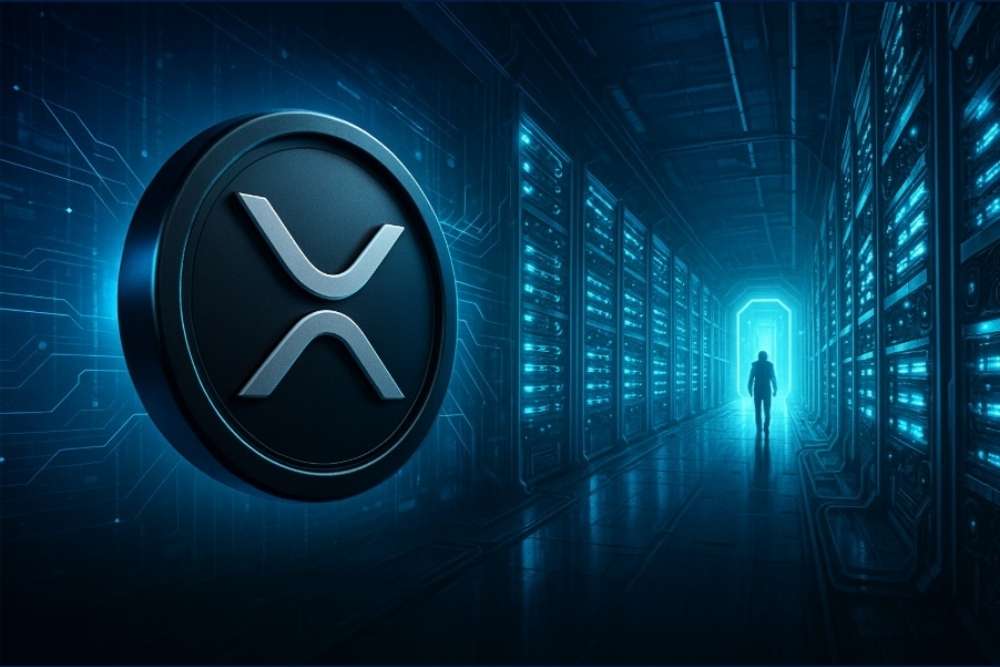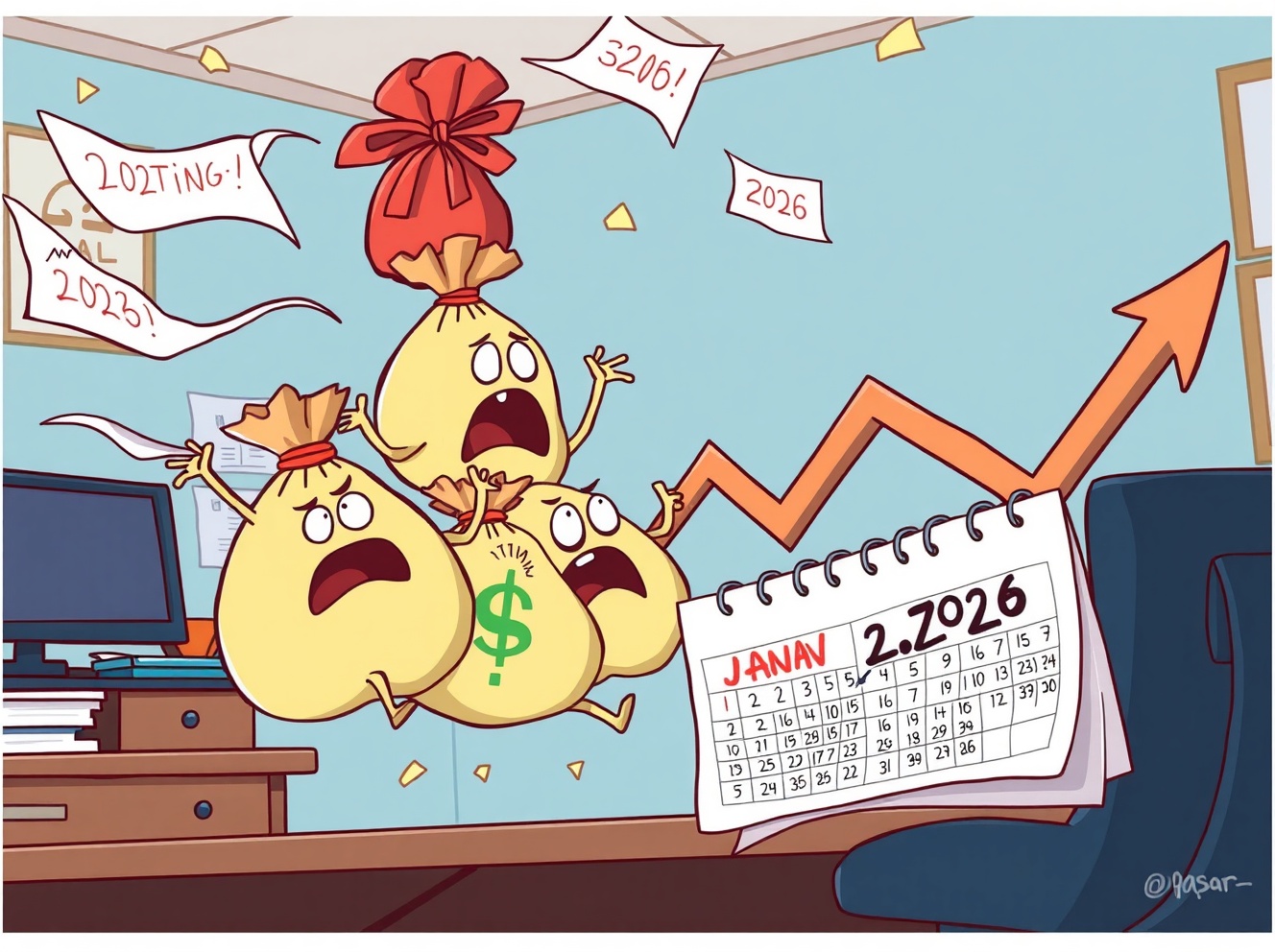
The Bitcoin price has dropped below $88,000, reaching new lows. Analysts speculate bottom targets ranging from $75,000 to $35,000. Continue Reading: Bitcoin Sinks Lower While Traders Hold Their Breath The post Bitcoin Sinks Lower While Traders Hold Their Breath appeared first on COINTURK NEWS .
CoinTurk News
You can visit the page to read the article.
Source: CoinTurk News
Disclaimer: The opinion expressed here is not investment advice – it is provided for informational purposes only. It does not necessarily reflect the opinion of BitMaden. Every investment and all trading involves risk, so you should always perform your own research prior to making decisions. We do not recommend investing money you cannot afford to lose.
Ripple (XRP) Can Support Banks In Meeting This Major Requirement

Crypto researcher SMQKE has highlighted a potentially transformative role for XRP in helping banks fulfill Basel III liquidity rules. His analysis suggests that Ripple’s digital asset could replace idle cash in global reserves, reducing costs and unlocking greater capital efficiency. Under Basel III, banks must hold high-quality liquid assets (HQLA) to satisfy the Liquidity Coverage Ratio (LCR). These requirements force banks to maintain large pre-funded nostro/vostro accounts around the world—a business inefficiency that locks up capital. XRP as a Universal Bridge Asset SMQKE argues that XRP can act as a single, bridgeable reserve on a bank’s balance sheet. Rather than holding multiple currencies in global accounts, banks could hold XRP and use it to source liquidity on demand. This aligns with Ripple’s On‑Demand Liquidity (ODL) model, which enables instant conversion between fiat currencies through XRP without pre-funding. RIPPLE/XRP CAN SUPPORT BANKS IN MEETING BASEL III LIQUIDITY REQUIREMENTS Documented 3x. https://t.co/lymQtzDgTD pic.twitter.com/d3kH7uizcq — SMQKE (@SMQKEDQG) November 19, 2025 Regulatory Recognition and Compliance A pivotal part of SMQKE’s case is a reported Basel Committee letter, dated August 19, 2025, referenced in his post. According to this letter, XRP qualifies as a “Group 2A” crypto asset under three specific hedging‑recognition tests. This classification suggests that banks could count XRP toward regulatory liquidity metrics under Basel’s prudential framework. Cost Reduction and Operational Efficiency By consolidating liquidity in XRP, banks may dramatically reduce their foreign-exchange hedging costs, lower treasury overhead, and shrink payments operations teams. SMQKE’s analysis draws on Ripple’s own models, which estimate significant savings from using XRP instead of funding dispersed nostro accounts. We are on X, follow us to connect with us :- @TimesTabloid1 — TimesTabloid (@TimesTabloid1) June 15, 2025 Holding XRP could free up what is now dormant capital in foreign reserves. Instead of tying up low-yield cash across jurisdictions, banks can deploy XRP for actual liquidity. The resulting capital release could improve return on equity and reduce the regulatory burden associated with Basel III. Risks and Practical Considerations Despite the promise, some hurdles remain. XRP’s price volatility could deter risk‑averse institutions from holding it long term. Market liquidity must mature for on‑demand settlement to scale. And broader regulatory certainty remains crucial—classification under Basel standards must persist, and banks must adopt it. SMQKE’s insight shines a light on a bold but increasingly credible use case for XRP: not just a payment rail, but a regulatory-compliant liquidity tool. If banks begin to embrace XRP as a universal bridge asset , they may unlock billions in capital, streamline operations, and meet Basel III’s liquidity demands more efficiently. For Ripple, this could mean real integration into the core of modern banking. Disclaimer: This content is meant to inform and should not be considered financial advice. The views expressed in this article may include the author’s personal opinions and do not represent Times Tabloid’s opinion. Readers are advised to conduct thorough research before making any investment decisions. Any action taken by the reader is strictly at their own risk. Times Tabloid is not responsible for any financial losses. Follow us on Twitter , Facebook , Telegram , and Google News The post Ripple (XRP) Can Support Banks In Meeting This Major Requirement appeared first on Times Tabloid . CoinTurk News

Revolutionary Crypto Funds: 6 Major Japanese Asset Managers Embrace Digital Assets
BitcoinWorld Revolutionary Crypto Funds: 6 Major Japanese Asset Managers Embrace Digital Assets Imagine waking up to news that six of Japan’s largest asset management firms are actively exploring crypto funds. This isn’t speculation – it’s happening right now as Japan’s financial landscape undergoes a dramatic transformation that could reshape how institutional investors approach digital assets worldwide. Why Are Japanese Asset Managers Embracing Crypto Funds Now? The timing couldn’t be more significant. Japan’s Financial Services Agency is currently reviewing a proposal that would allow the establishment of cryptocurrency investment trusts. This regulatory shift has triggered unprecedented interest from major players including: Mitsubishi UFJ Asset Management Nomura Asset Management SBI Global Asset Management Daiwa Asset Management Asset Management One Amundi Japan These institutions represent trillions in managed assets, making their move into crypto funds a watershed moment for the entire digital asset ecosystem. What Makes Crypto Funds So Attractive to Institutional Investors? Traditional asset managers see crypto funds as the next frontier in portfolio diversification. Unlike individual cryptocurrency purchases, these structured crypto funds offer: Professional management by experienced financial experts Regulatory compliance within established frameworks Risk mitigation through diversified crypto exposure Accessibility for mainstream investors The potential for crypto funds to bridge traditional finance with digital assets represents a monumental shift in investment strategy. How Will Crypto Funds Transform Japan’s Investment Landscape? Japan has always been a crypto-forward nation, but the entry of these asset management giants signals a new era. The development of regulated crypto funds could: Increase institutional adoption of digital assets Provide safer entry points for retail investors Establish Japan as a global crypto hub Set new standards for crypto fund management This move positions Japan at the forefront of the institutional crypto revolution, potentially influencing global financial markets. What Challenges Do Crypto Funds Face in Japan? Despite the excitement, implementing successful crypto funds requires navigating several hurdles. Regulatory compliance remains paramount, with the FSA carefully considering investor protection measures. Additionally, these firms must develop: Robust security protocols for digital asset storage Transparent valuation methodologies Comprehensive risk management frameworks Educational resources for potential investors The success of these crypto funds will depend on balancing innovation with responsible financial practices. What Does This Mean for Global Crypto Adoption? When six major Japanese asset managers express interest in crypto funds, the entire world takes notice. This development could accelerate similar initiatives in other developed markets. The creation of regulated crypto funds provides: Legitimacy to the digital asset class Institutional-grade investment vehicles Enhanced market liquidity Improved price discovery mechanisms The Japanese approach to crypto funds might become the blueprint for other nations considering similar financial products. Conclusion: The Future of Crypto Funds in Japan The interest from Japan’s asset management elite in crypto funds marks a pivotal moment in financial history. As regulatory barriers lower and institutional confidence grows, these crypto funds could unlock trillions in capital for the digital asset space. The combination of Japan’s technological sophistication and financial expertise positions these crypto funds for potential global leadership in the evolving cryptocurrency investment landscape. Frequently Asked Questions Which Japanese companies are interested in crypto funds? Six major asset managers have shown interest: Mitsubishi UFJ Asset Management, Nomura Asset Management, SBI Global Asset Management, Daiwa Asset Management, Asset Management One, and Amundi Japan. What are crypto funds? Crypto funds are professionally managed investment vehicles that provide exposure to cryptocurrencies and digital assets through regulated financial structures, similar to traditional mutual funds or ETFs. Why is Japan allowing crypto funds now? Japan’s Financial Services Agency recognizes the growing demand for regulated digital asset investment options and aims to provide safe, compliant avenues for both institutional and retail investors. When will these crypto funds launch? While no specific timeline has been announced, the regulatory proposal is under active consideration, suggesting potential launches could occur within the next 12-18 months. Are crypto funds safe for investors? Regulated crypto funds typically offer enhanced security and compliance measures compared to direct cryptocurrency purchases, though all investments carry some level of risk. How can I invest in Japanese crypto funds? Once launched, these crypto funds will likely be available through traditional investment channels, including brokerage accounts and financial advisors, following standard investment procedures. Found this insight into Japan’s crypto funds revolution valuable? Share this article with fellow investors and cryptocurrency enthusiasts on your social media platforms to spread awareness about this groundbreaking development in digital asset management! To learn more about the latest crypto market trends, explore our article on key developments shaping cryptocurrency institutional adoption. This post Revolutionary Crypto Funds: 6 Major Japanese Asset Managers Embrace Digital Assets first appeared on BitcoinWorld . CoinTurk News











